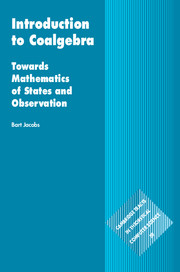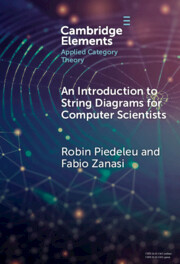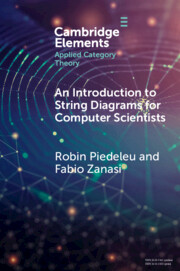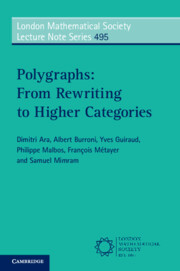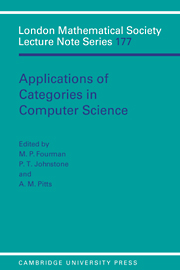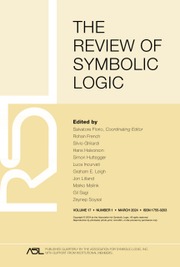Introduction to Coalgebra
The area of coalgebra has emerged within theoretical computer science with a unifying claim: to be the mathematics of computational dynamics. It combines ideas from the theory of dynamical systems and from the theory of state-based computation. Although still in its infancy, it is an active area of research that generates wide interest. Written by one of the founders of the field, this book acts as the first mature and accessible introduction to coalgebra. It provides clear mathematical explanations, with many examples and exercises involving deterministic and non-deterministic automata, transition systems, streams, Markov chains and weighted automata. The theory is expressed in the language of category theory, which provides the right abstraction to make the similarity and duality between algebra and coalgebra explicit, and which the reader is introduced to in a hands-on manner. The book will be useful to mathematicians and (theoretical) computer scientists and will also be of interest to mathematical physicists, biologists and economists.
- Contains both introductory and more advanced material to appeal to a wide audience
- Each section ends with a series of exercises to facilitate late undergraduate or early Master's-level teaching
- Exists in an early online edition which has attracted over 100 citations
Reviews & endorsements
'The book is very carefully written, its many examples are discussed usually in great detail, expressing patiently the salient features to be exhibited. This applies to the usually fairly detailed proofs as well. Another treasure trove is the collection of most instructive exercises, of which there are plenty … This admirable book sets the standard for the work on set-based coalgebras for many years to come. It can be used for reference, and it is equally usable as a textbook.' Ernst-Erich Doberkat, Zentralblatt MATH
Product details
December 2016Hardback
9781107177895
494 pages
235 × 159 × 32 mm
0.82kg
11 b/w illus. 285 exercises
Available
Table of Contents
- 1. Motivation
- 2. Coalgebras of polynomial functors
- 3. Bisimulations
- 4. Logic, lifting and finality
- 5. Monads, comonads and distributive laws
- 6. Invariants and assertions
- References
- Definition and symbol index
- Subject index.

